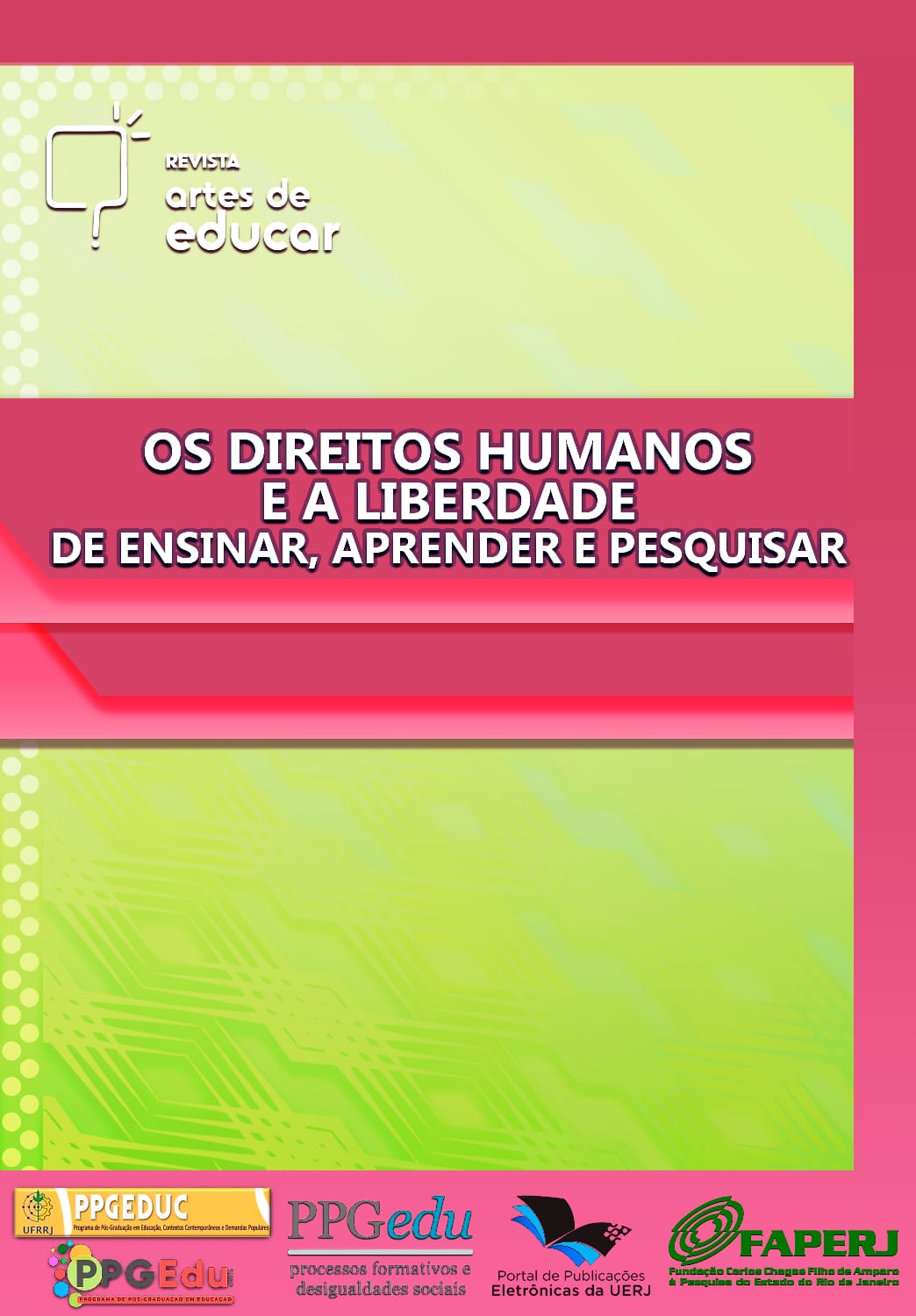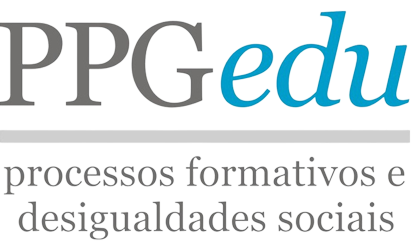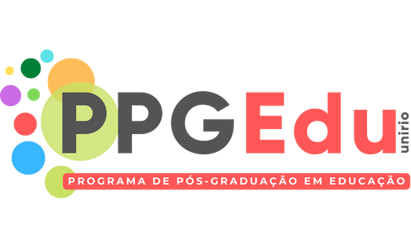CRISIS IN EDUCATION: HISTORICO-PHILOSOPHICAL ASPECTS
DOI:
https://doi.org/10.12957/riae.2024.79469Keywords:
education, philosophy, enlightment, crisis in educationAbstract
This work presents some elements of the thought of Plato, Aristotle, St. Augustine, St.
Thomas Aquinas and Kant about education, aiming to reflect on values in a pedagogical
perspective, as a way of overcoming the limits of society and the crisis in education
imposed by the social reality of each era. These are thinkers who envisioned, in their
respective epochs, a different reality from the existing one. On the crisis in education, in
these authors, we understand the absence of a scheme of guiding values that surpasses
itself, that is, a formation perspective that commits itself beyond the mere relocation of
material and cultural reality. Guided by the analyses of T. Adorno and M. Horkheimer, on
the concept of Enlightenment and semi-formation, as well as by the approach of H. Arendt
about the crisis in American education, understanding it as a manifestation of a latent
generational conflict and the inability of culture to place itself adequately in responsibility
for its time and for the world, it is discussed to what extent there is a crisis in Brazilian
education. It is concluded that a part of what composes this crisis is the inability of
pedagogical thought to place itself in a praxis that envisions the non-replication of material
objectivity, but its transformation, which the thinkers presented in this article already
encompassed in their theories.
Published
How to Cite
Issue
Section
License
Copyright (c) 2024 Eduardo Augusto Pavani, Maria Terezinha Bellanda Galuch, Terezinha Oliveira

This work is licensed under a Creative Commons Attribution-NonCommercial 4.0 International License.
Authors retain copyright to their work, are permitted to publish and distribute their work online (e.g., in institutional repositories or on their personal page) at any point before or during the editorial process, as this may generate productive changes, as well as increasing the impact and citation of published work.
The acceptance of the text implies the authorization and exclusivity of the Revista Interinstitucional Artes de Educar regarding the right of first publication, the published works are simultaneously licensed with a Creative Commons Attribution-Non Commercial 4.0 International License 























